As social living standards improve and people's cultural tastes elevate, more and more people enjoy drinking tea, and the group of tea drinkers is gradually shifting from the elderly to younger demographics.
Some people like the fresh fragrance of Green Tea, some prefer the sweet freshness of oolong tea, while others appreciate the rich flavor of Black Tea… However, choosing a tea that does not suit you may cause discomfort in your body. Drinking too much can be not only unbeneficial but may also harm your digestive system.
There are many varieties of tea, and Chinese teas are generally categorized into six main types: green tea, oolong tea, yellow tea, black tea, white tea, and dark tea. The nature of these six categories of tea differs. Generally speaking, green tea, yellow tea, and white tea have low fermentation degrees and belong to the category of cool-natured teas; oolong tea is neutral, whereas black tea and Pu'er tea are warm-natured teas.
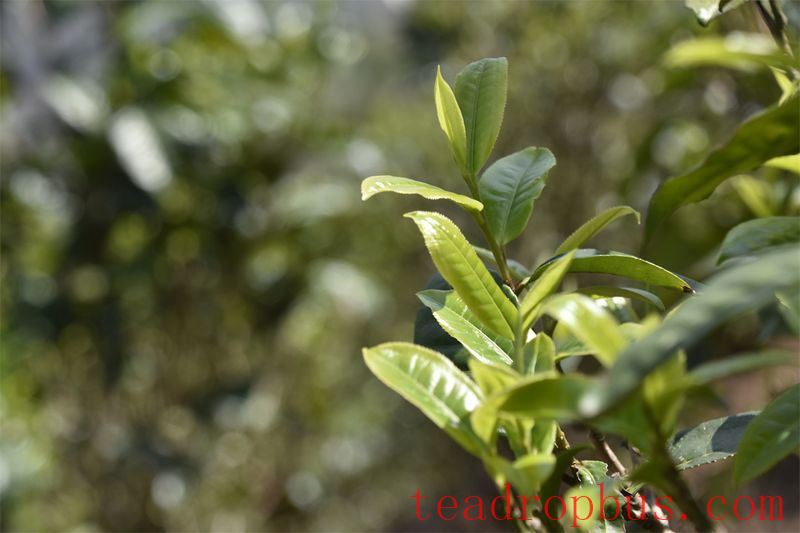
The nature of tea should be considered when drinking it. Generally, warm-natured teas are suitable for daily consumption by various groups, while cool-natured teas have more restrictions on their consumption.
Green Tea
Green tea, known as the “national drink,” is made from new leaves or buds of the tea plant, without undergoing fermentation. It goes through processes such as fixation, shaping, and drying, which preserve the natural substances in the fresh leaves, giving it the characteristic features of a clear broth and green leaves with a strong astringent taste.
Dragon Well, Biluochun, and Maojian are all examples of green tea. Green tea can help clear internal heat, relieve irritability, enhance mental capabilities, and boost the immune system.
Suitable for: Busy middle-aged and young adults, intellectual workers, and those who frequently use computers.
Precautions: Green tea has the strongest cooling properties among all teas and can stimulate the stomach. People with weak spleens and stomachs should drink less or use fewer leaves when brewing to reduce stimulation.
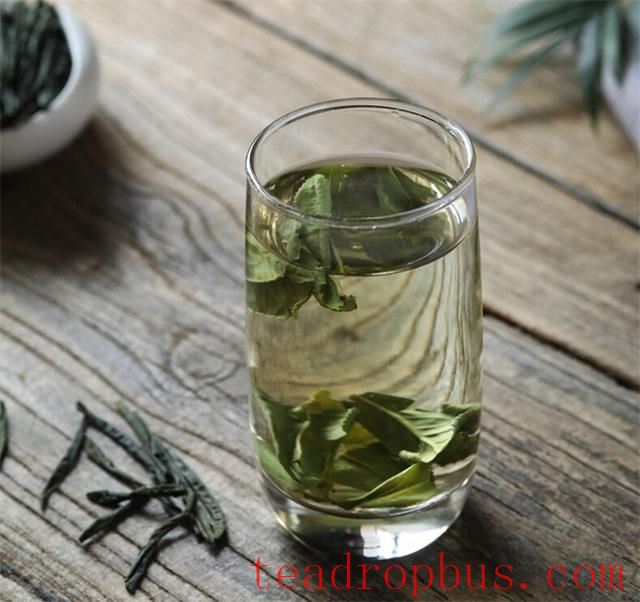
Yellow Tea
Yellow tea is a specialty of China, with processing methods similar to green tea, except that an additional step called “yellowing” is added before or after the drying process. This step promotes partial oxidation of polyphenols and chlorophyll, creating the distinctive qualities of a yellow broth and yellow leaves.
The main yellow teas on the market include Junshan Silver Needle, Mengding Yellow Bud, and Huoshan Yellow Bud. These are typically produced in small quantities and mainly sold in local markets.
Suitable for: Yellow tea requires a period of yellowing, which is akin to a fermentation process. During this process, a large amount of digestive enzymes are produced, benefiting the spleen and stomach. Therefore, it is most suitable for individuals experiencing poor digestion, lack of appetite, or obesity.
Precautions: Yellow tea contains a higher concentration of caffeine and tannins, which can affect gastric activity. Thus, it is unsuitable for people with cold stomachs. Additionally, these components can easily induce excitement and increase urination, making it detrimental to pregnant women and potentially causing complications such as preeclampsia. Therefore, it is not recommended for pregnant women.
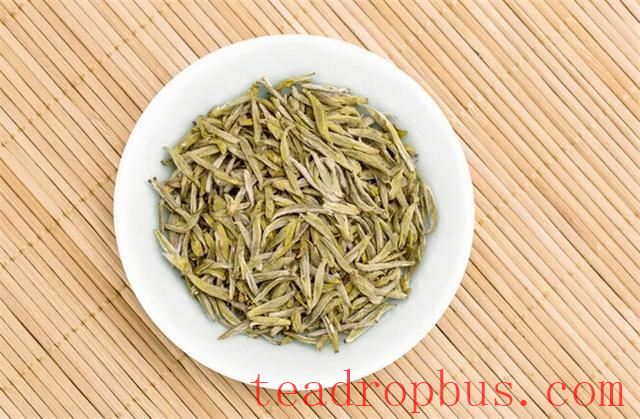
White Tea
White tea belongs to the category of minimally fermented teas and is not subjected to fixation or rolling. Instead, it is processed through sun-drying or gentle heating. There is a saying that white tea is “a one-year-old tea, a three-year-old medicine, and a seven-year treasure.” In recent years, it has gradually gained attention and entered people's lives more frequently.
Due to differences in tea plant varieties and raw material requirements, white teas are generally divided into Baihao Yinzhen (Silver Needle), Baimudan (White Peony), Shoumei, and Gongmei.
Suitable for: During the processing of white tea, the polysaccharides contained are largely preserved, and these polysaccharides have a therapeutic effect on diabetes. Additionally, white tea has a cooling nature and can help reduce internal heat and calm agitation.
Precautions: White tea has a cooling nature, so it is not recommended for the elderly or those with cold stomachs to consume it excessively. It is generally best consumed after meals. However, aged white tea, due to its longer storage time and subsequent oxidation and fermentation, has a milder cooling effect, making it suitable for a wider range of people to drink.
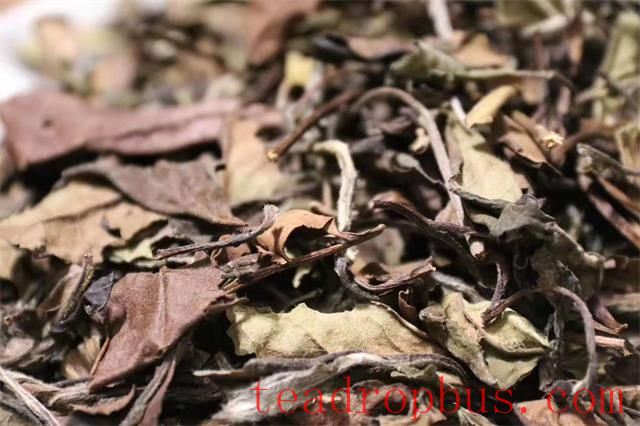
Oolong Tea
Oolong tea (also known as green tea), which has the appearance of “green leaves rimmed with red,” is a partially fermented tea. There are many varieties, and it is a distinctively featured category of Chinese Tea, primarily produced in the provinces of Fujian (northern and southern regions), Guangdong, and Taiwan.
Suitable for: Oolong tea has good effects in lowering blood lipids and cholesterol and aiding digestion, earning it the nickname of “beauty and health tea” in Japan. Additionally, oolong tea has a stimulating effect and is suitable for students studying late at night or those working overtime.
Precautions: When drinking oolong tea, avoid drinking it on an empty stomach, as it may cause sudden hunger and even dizziness and nausea, a condition known as “tea drunkenness.” Moreover, it is not suitable for pregnant women, as the caffeine in tea can stimulate the body, increasing fetal movement and potentially harming the fetus.
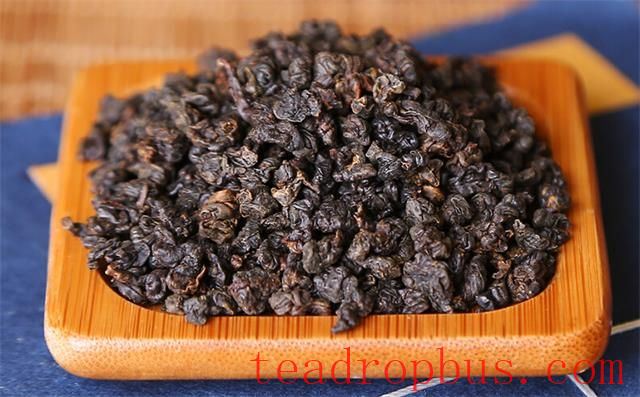
Black Tea
Since black tea is heavily fermented, it has a relatively mild nature, especially small-leaf black teas like Zhengshan Xiaozhong, which have a sweet and mellow taste without any stimulating effects. It also has the function of regulating the spleen and stomach.
In foreign countries, there is a custom of adding milk and Sugar to black tea, which can supplement nutrition and increase bodily warmth.
Suitable for: For those with poor digestive systems or weakened bodies, green tea is not recommended, whereas black tea is more suitable.
Precautions: Black tea has a warming nature, so it is less suitable for those who are currently experiencing internal heat or have a naturally hot constitution.
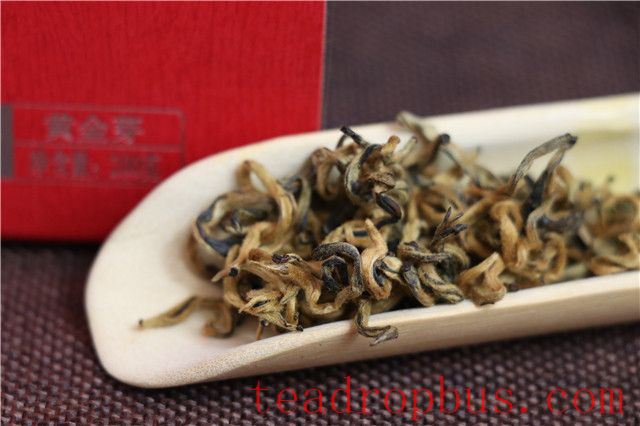
Dark Tea
Dark tea is a unique variety of tea in China and is widely popular among ethnic minorities in border areas. Dark tea is a post-fermented tea, and traditional dark teas use mature black-haired tea as the primary raw material for compressed teas.
Suitable for: Dark tea is most suitable for those who regularly consume meat, as it has a warm nature and is effective in removing oiliness, fat, and lowering cholesterol.
Precautions: Pregnant women should avoid drinking dark tea, as it contains high levels of tannins and caffeine, which can affect fetal development.
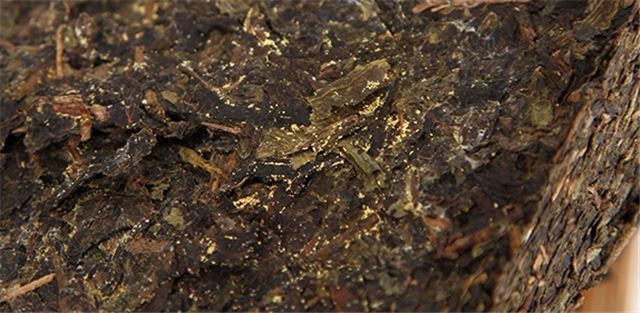
Pu'er Tea
Pu'er tea is recognized by the industry as